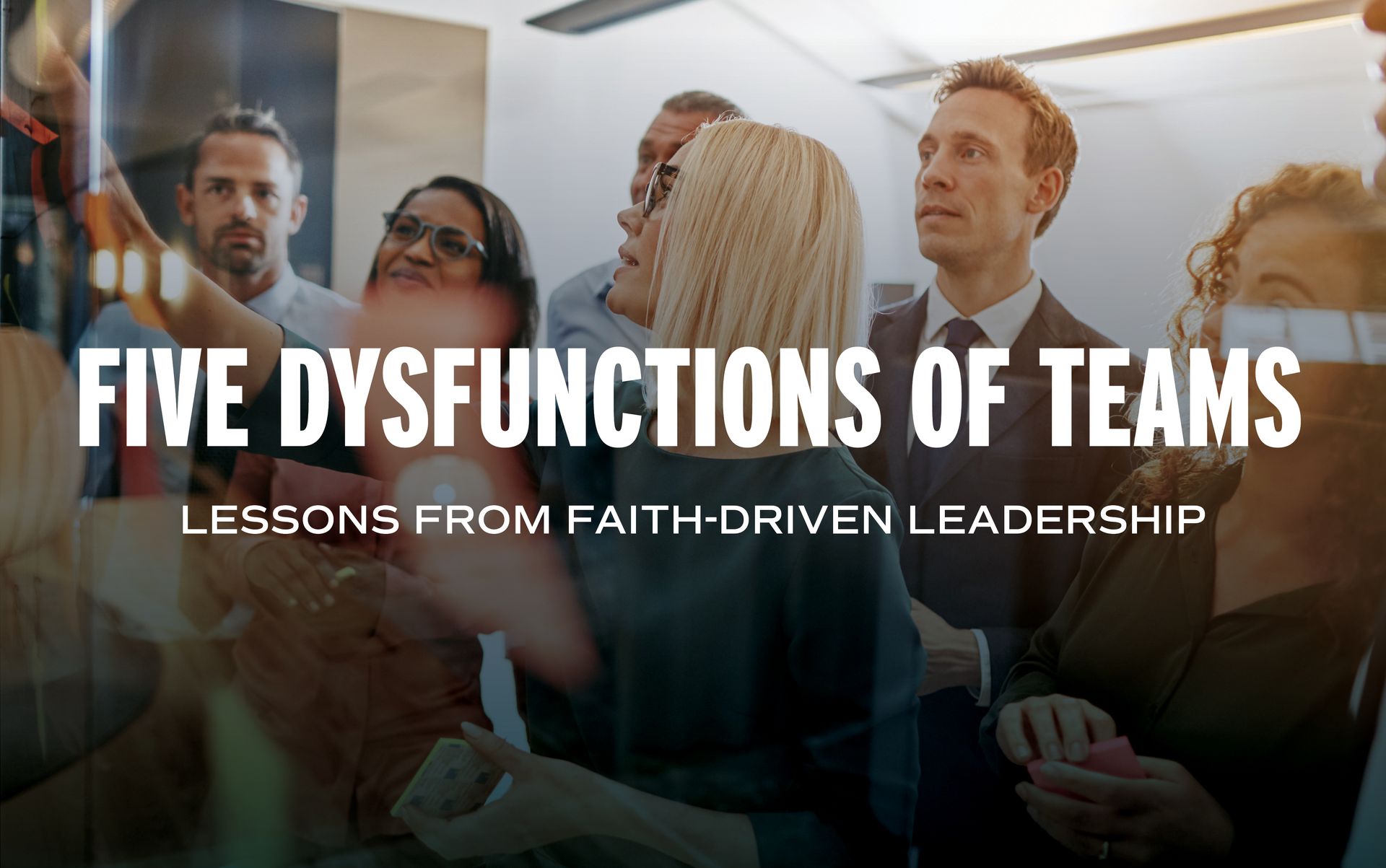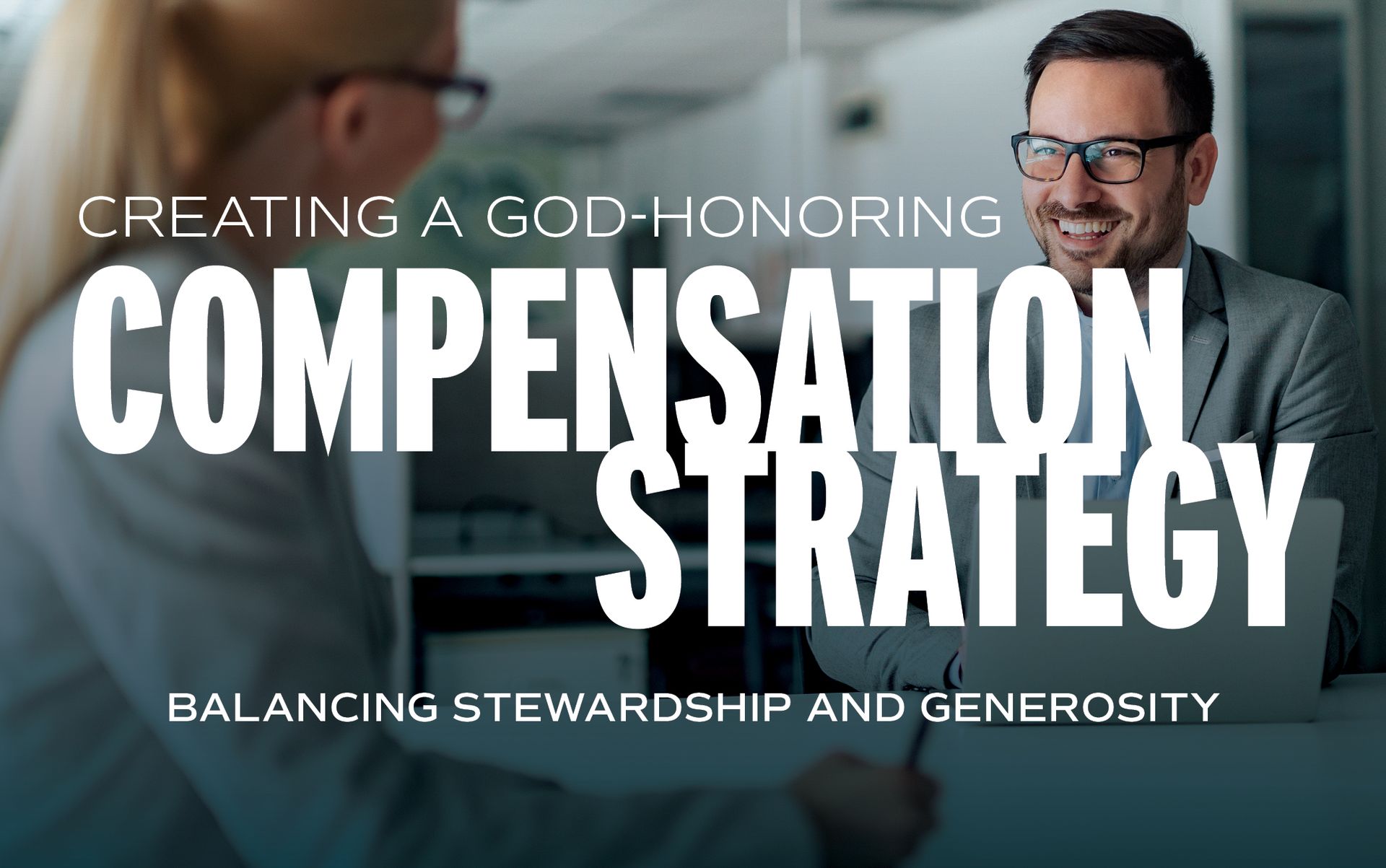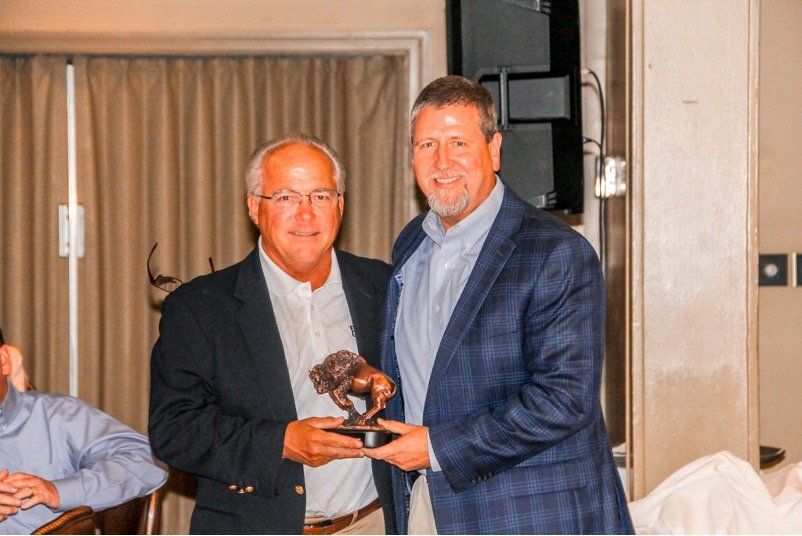How Do We Lead with Consistency?

As C12 members committed to lifelong learning and God-honoring stewardship, we intuitively know these concepts are true. We even accept the responsibility that comes with our position and calling. Our question isn’t “IF?” but “HOW?” The answers aren’t always easy to discern. The fact that there are so few truly visionary and exceptional businesses attest to the difficulty of our challenge. If it were easy, many more companies would be flourishing, and far fewer would fail. But statistics tell us that for every business at the top of the pyramid in any market segment, there are scores of struggling businesses. The battlefield is strewn with casualties. A study of U.S. businesses launched between 1994 and 2010 reveals that half make it five years, a third survive 10 years, and just 25% live beyond 15 years.
It’s not easy, but it’s certainly doable. The resulting benefits bless thousands who are touched by each business that perseveres. The fact that many businesses do indeed prosper over many years tells us that we can as well!
The fundamental components of culture and structure we’ve examined in our most recent segments are crucial to our engagement in this balancing process. Each building block that we’ve stressed – a compelling vision that focuses on serving others, core values that express our firmly-held beliefs, symbols and actions which express our true hearts, and striving to develop a professional mindset – is critically important. But they’re primarily inward in their focus and not always experienced by our external stakeholders. We need to do something more to draw them all into the mix effectively.
Practicing a well-known but seldom applied teaching of Jesus should be an integral and powerful component of our leadership effort. It’s so simple that many may dismiss it out-of-hand. It doesn’t require an army of consultants to implement, nor does it depend on our entire team believing in the whole counsel of God or the saving power of Jesus in order to participate. It holds true independent of the size of our company and the complexity of our business model. It doesn’t matter how educated our team is or whether they primarily work with their hands or minds. It’s universally applicable. We’re talking about the Golden Rule given to us by Jesus in the Sermon on the Mount. That’s right, “...do to others as you would have them do to you” (Mt 7:12, Lk 6:31).
Imagine making the simple and memorable Golden Rule the connective tissue and arbiter – our guiding core value – for all stakeholder relationships. Can we envision committing ourselves and developing our teams in such a way that we continually strive, to the best of our ability and with God’s help, to use the Golden Rule to govern all decisions and actions as we interact with all stakeholders? Visualize the Golden Rule permeating our culture and influencing all of our decisions.
Where would this lead? How would it feel? What decisions, ministry opportunities, and outcomes would arise from applying this paradigm?





Your peers can help you build a great business for a greater purpose.







